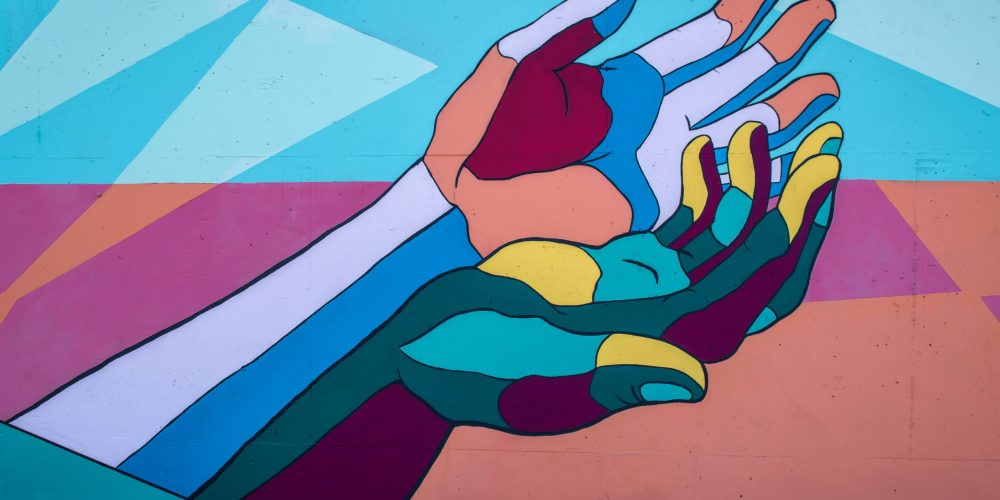This guide looks at some of the different kinds of therapy you can have after a traumatic brain injury and what each can help you to achieve.
Neurophysiotherapy
A neurophysiotherapist is a specialist in the assessment and treatment of movement disorders which have resulted from injury or disease of the central nervous system (brain and spinal cord). Symptoms can include:
- muscle weakness
- sensory changes
- loss of balance
- spasticity
- tremor
and any of these can impact on a person’s ability to engage in activities of daily living.
A neurophysiotherapist uses their understanding of neural pathways, exercise, biomechanics and handling skills to reduce or manage these symptoms and improve the person’s ability to participate in normal daily activities.
Occupational Therapy
Occupational Therapy promotes health and wellbeing through occupation – that is, any activities that a person wants or needs to do. These range from personal care (e.g. showering and brushing our teeth) to cooking, gardening, driving or using public transport, socialising, looking after others, and working or studying.
Brain injury can affect a person’s ability to engage in many of these activities, or the way that they do so. Occupational Therapists [OTs] who specialise in neurology work with people after their brain injury to maximise their independence and quality of life by helping them to regain or maintain their ability to do things that are important to them.
Some of the ways an OT can help, by working with the individual and with their family or carers if appropriate, include:
- Finding new ways for the person to undertake an activity which is currently difficult for them – for example, by using a different technique or equipment, or by making changes to the physical environment.
- Training the person to use techniques which help them to regain some skills, such as the ability to use their arm and hand, or to compensate for or reduce difficulties arising from cognitive impairments (for instance, concentration and memory).
- Supporting the person to manage symptoms such as fatigue which affect their functioning in everyday life.
- Helping him/her to engage with social and leisure activities within and outside the home – for instance, pursuing hobbies and seeing friends or family.
- Supporting the person to get back to their former work or study, or to find new paid or unpaid work, by identifying and addressing problems which have resulted from the brain injury.
Clinical Neuropsychology
A Clinical Neuropsychologist is specially trained to understand the relationship between the brain and our emotions, thinking and behaviour. Their training in both neuroscience and mental health means that they have the knowledge and skills to help people who have sustained illnesses or injuries that affect the functioning of their brain.
A Clinical Neuropsychologist can help you with
- cognitive difficulties – problems with thinking skills such as memory, concentration, problem-solving, or planning
- emotional problems – including low mood, anxiety, or increased irritability, anger or frustration
- behavioural changes – for example aggressive behaviour, impulsive behaviour or other behaviours that would normally be out of character
A Clinical Neuropsychologist works with individuals and often with their family members, friends, and carers to help them develop strategies to manage these difficulties. They may do this through education, psychological therapy, cognitive rehabilitation, and/or family support. This can help to improve the person’s independence, enable them to maintain positive relationships, facilitate their engagement in valued activities, and improve their overall quality of life.
(Neuro) Speech and Language Therapy
Speech and Language Therapists (SLTs) assess, treat, support, and care for people who have difficulties with any aspect of communication or with eating, drinking and swallowing.
Neuro-SLTs specialise in the rehabilitation and reablement of people whose speech, language, communication and/or swallowing is affected by a brain injury or neurological condition. They work with the person, and with their family members, friends, and other health professionals, to maximise their potential and their quality of life.
Some of the things a Neuro-SLT might do to help include:
- direct therapy to improve or find solutions to language and ‘cognitive communication’ problems.
- enabling the person to develop compensatory strategies, or exploring and introducing aids which are referred to as ‘Alternative Augmentative Communication’ – for instance, using boards or computers/tablets to help with communication.
- therapy and support to manage difficulties in social communication.
- supporting and educating other people in how the brain injury has affected the person’s abilities, and how they can best communicate with them.
- facilitating communication in groups, so that people living with brain injury can share their experiences and benefit from those of others.
- assessing and managing any difficulties the person may have with eating and drinking, to ensure that they are safe and to optimise their quality of life.
- supporting the person to make decisions, by advising others on how to present information in ways which facilitate understanding and expression.

